Education //
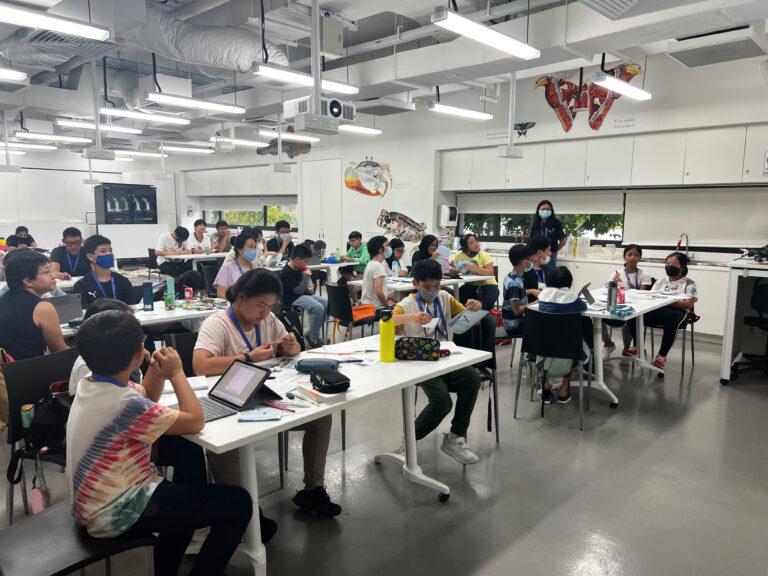
Held over two days, the LKCNHM Aspiring Naturalist Programme saw participants learn more about Southeast Asian biodiversity and natural history through a special Wallace edition which comprised of an entomology and ornithology workshop. Both workshops were held separately on 29 and 30 Nov 2022 respectively.
Alfred Russel Wallace was a well-known naturalist and scientist who travelled the world to observe and collect samples of species, many of which included insects and birds. To learn more about these two groups of animals, participants followed the footsteps of Wallace himself!
Besides learning about the diversity of insects and birds through a guided gallery and collections tour, participants also gained special insights from the various hands-on and outdoor activities.
Natural History & Entomology Workshop (29 Nov 2022)
To kick off the Entomology Workshop, our education team introduced the diversity of insects to the participants! Starting with an introduction to nine orders of insects, participants subsequently went on to learn about the families within each order, as well as how to differentiate insects based on their body parts.
For a full hands-on experience, participants were taken to sites near our Museum to set up insect traps for an insect sampling activity!
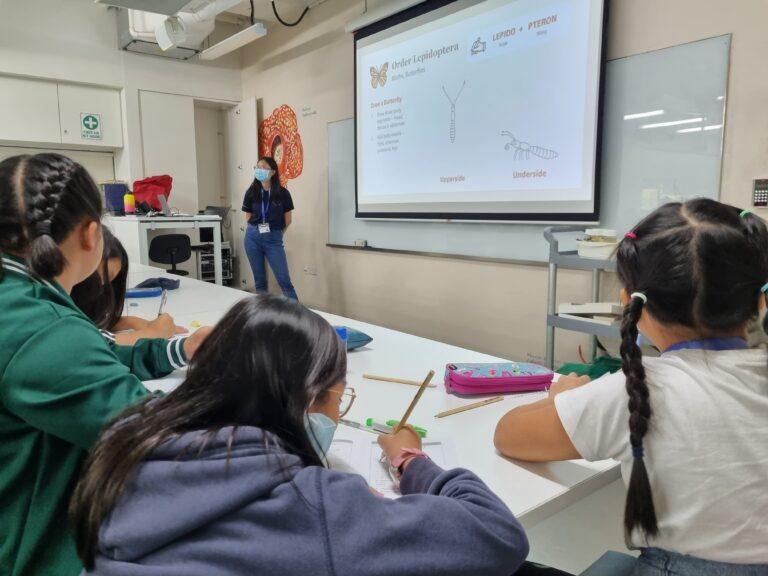
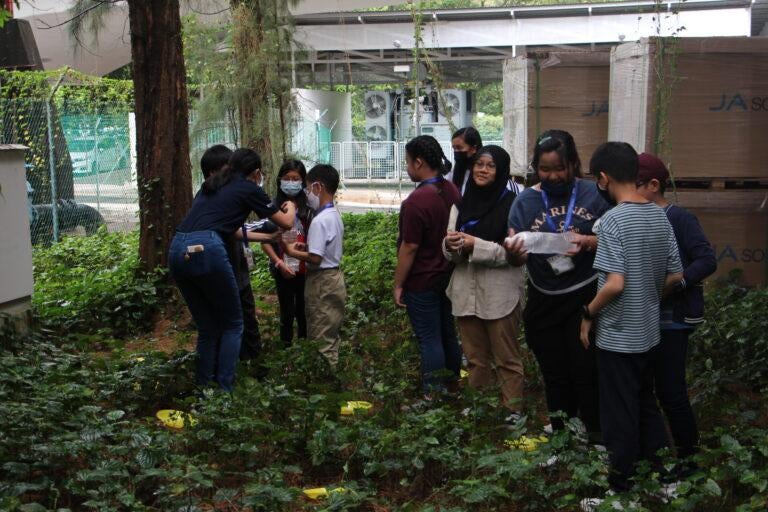
After learning about the different groups of insects, it was time for the participants to put their knowledge to test! They were required to sort insect specimens under a microscope within a given time frame. It was no easy feat given that the insect specimens were all similar–looking at first glance!
With no cameras in the past, scientific drawing became a useful way for Wallace to document his insect specimens accurately. As a way to trace his footsteps, participants tried their hand at drawing a given insect specimen too.
It was a struggle for many, but after some guidance, all of them managed to complete their drawings successfully! 🎉
Natural History & Ornithology Workshop (30 Nov 2022)
Wallace was able to identify the bird species he collected in Asia using important references, such as a guidebook and personal notes. So, what better way to learn how to identify the birds in Singapore than a birdwatching activity?
Over the course of two hours at Kent Ridge Park, participants did not just spot the usual birds we see around; they were fortunate enough to catch glimpses of several migratory birds too, such as the Arctic warbler and Asian brown flycatcher.
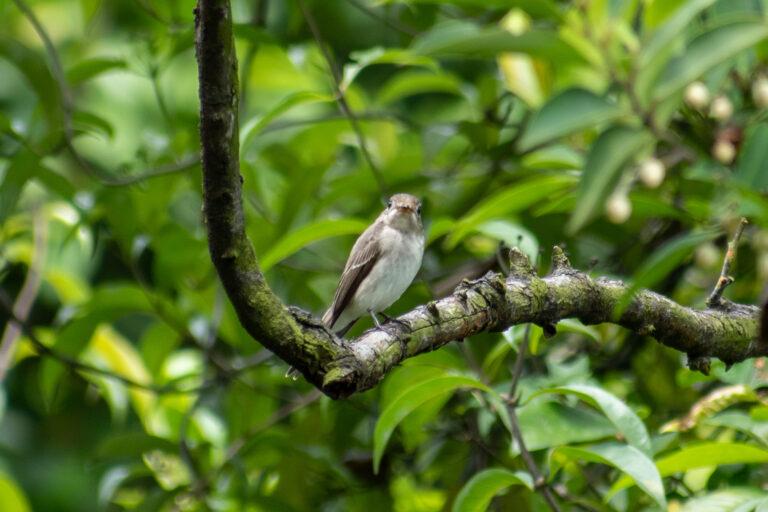
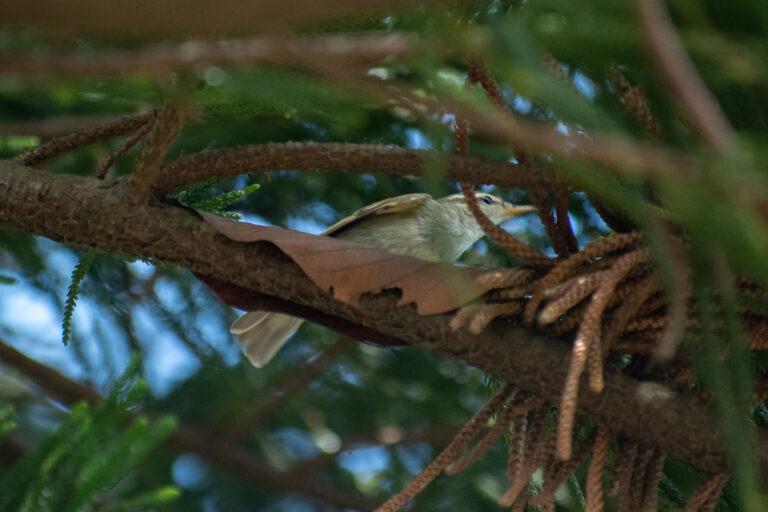
They even witnessed the majestic crested serpent eagle circling the area not once, but thrice! What a lucky day it was for them! 🦅
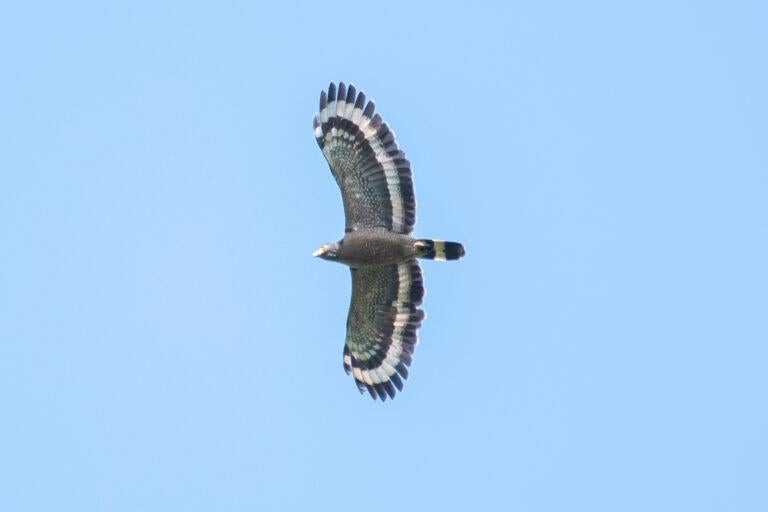
Unlike scientific illustration, nature journaling is a more casual record of documenting nature but it played an important role (in recording biodiversity) during the early studies of natural history, and still continues to do so today. Each group was given a bird specimen to draw and journal about, such as where the specimen was drawn at, the time and weather of the day etc.
At the end of the programme, participants received a token of appreciation as well as a certificate of completion.
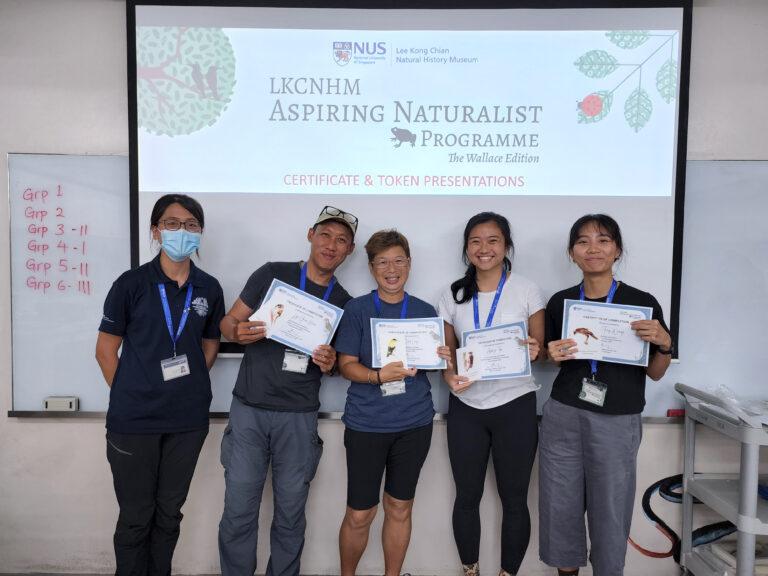
With that, that’s a wrap for our Aspiring Naturalist Programme: The Wallace Edition! Thank you to everyone who participated, we hope you enjoyed yourselves!
Photo credits: Outreach and Education Team